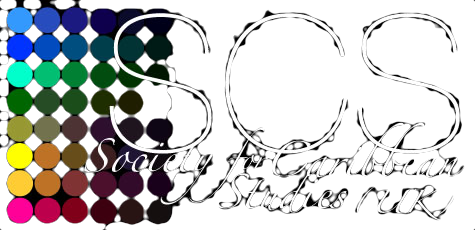
Lyncook, Deanna
PhD student in History @ Queen Mary University of London
Bio
Deanna Lyncook is a PhD student in History at Queen Mary University of London. Her research takes a transnational approach to the experiences of West Indian children in the British education system in Britain and its Caribbean colonies, in the second half of the 20th Century. She is the host of the weekly podcast The History Hotline where she discusses events and individuals that have shaped Black history in Britain. She is also a member of the Young Historians Project, that works on projects that document neglected aspects of Black British History.
Geographical location : London, UK
Research Area and Interest : the experiences of West Indian children in the British education system in Britain and its Caribbean colonies, in the second half of the 20th Century
Social Media
Past Conference(s)
Past Panel(s)
Past presentation(s)
- Summary: My paper will be taken in part from my PhD thesis which explores the experiences of West Indian children migrating from the education system in the West Indies to the education system in Britain from the 1940s to 1980s. This paper will chronologically explore education policy in the West Indies, with a focus on Jamaica and St Kitts and Nevis. Funding impacted the colonial education system in the West Indies. It also impacted policy and the unspoken but very apparent aims of the system. Education in the West Indies was an ‘an immersion in Britishness,’ for the majority. Some scholars believe this policy was ‘unwritten,’ and merely a consequence of the nature of education. However, I will argue that the policy was deliberate and a key component of the provision of education from emancipation until the early 20th Century. The paper will ultimately argue that the British colonial education shaped the experiences of the children who could afford to partake. It was a system that socialised them as “British”. It set them up to be members of a colonial society that looked to Britain culturally, socially and financially. This paper will begin to draw the links between this socialisation to the post-war migrations of the ‘Windrush Generation’.
- Event:
